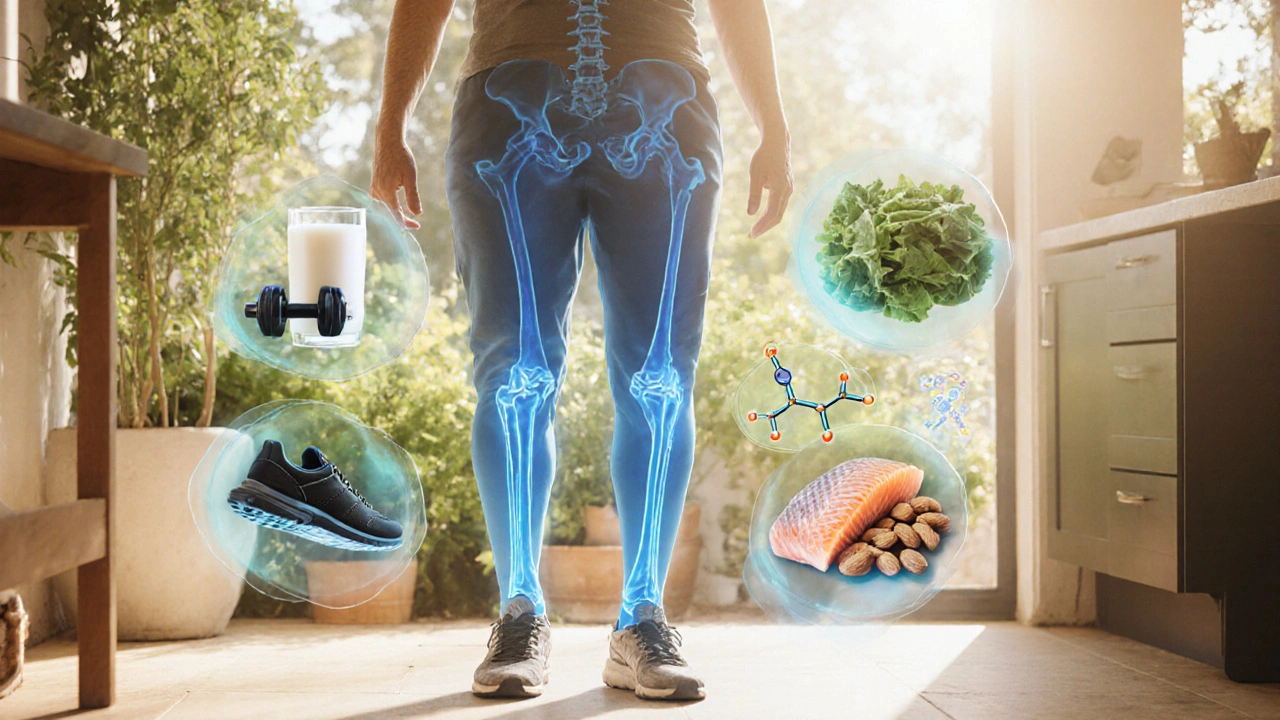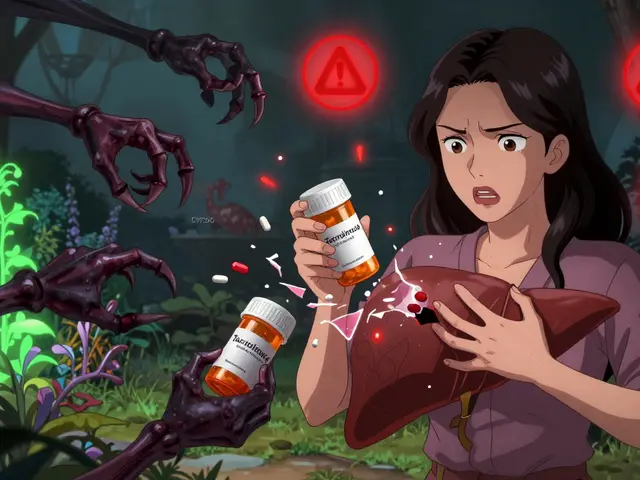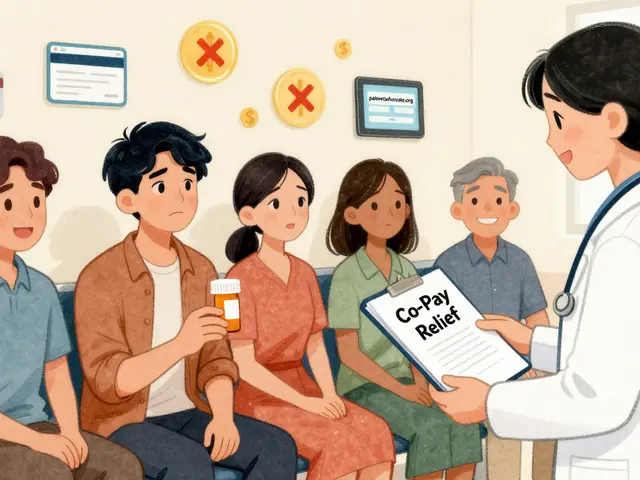Bisphosphonate Safety: What You Need to Know About Risks and Long-Term Use
When you take bisphosphonates, a class of drugs used to strengthen bones by slowing down bone breakdown. Also known as bone resorption inhibitors, they’re commonly prescribed for osteoporosis, bone metastases, and Paget’s disease. Millions of people use them every year—often for years at a time—to prevent fractures. But safety isn’t just about whether they work. It’s about what they might do to your body over the long haul.
Bisphosphonates like alendronate, risedronate, and zoledronic acid are effective, but they come with risks that aren’t always talked about. One serious concern is osteonecrosis of the jaw, a rare condition where the jawbone starts to die, often after dental work or trauma. It’s uncommon—less than 1 in 10,000 patients per year—but it’s real. People on high-dose IV bisphosphonates for cancer are at higher risk than those taking pills for osteoporosis. Another rare but serious issue is atypical femur fracture, a type of break in the thigh bone that happens with little or no trauma. These fractures often start as a dull ache in the thigh and can worsen over weeks before fully breaking. If you’ve been on bisphosphonates for more than 3–5 years and notice new hip or thigh pain, don’t ignore it.
It’s not all bad news. For most people, the benefits outweigh the risks. If you’re over 65, have had a prior fracture, or have very low bone density, bisphosphonates can cut your risk of hip fracture by up to 40%. But safety means knowing when to pause or switch. Doctors now recommend a "drug holiday" after 3–5 years for low-risk patients—stopping the drug for a while to let your bones reset. This reduces the chance of rare side effects without losing protection. You also need to take these pills right: on an empty stomach, with a full glass of water, and stay upright for 30 minutes. Mess that up, and you risk stomach irritation or esophageal damage.
What’s missing from most patient conversations? The fact that bisphosphonates don’t build bone—they just slow its loss. That means they’re not a cure. And if you’re on them long-term, you need regular check-ins: bone density scans, dental exams, and awareness of new pain. You’re not just taking a pill—you’re managing a long-term treatment plan. The posts below cover real cases, comparisons with other bone drugs, and how to talk to your doctor about stopping or switching. Whether you’re worried about jaw problems, thigh pain, or just wondering if you still need these meds, you’ll find clear, no-fluff answers here.

Why a Holistic Approach Is Key to Preventing and Treating Bone Loss
Learn why combining diet, exercise, hormones, and monitoring offers the most effective way to prevent and treat bone loss, with practical tips and a simple checklist.
Detail




